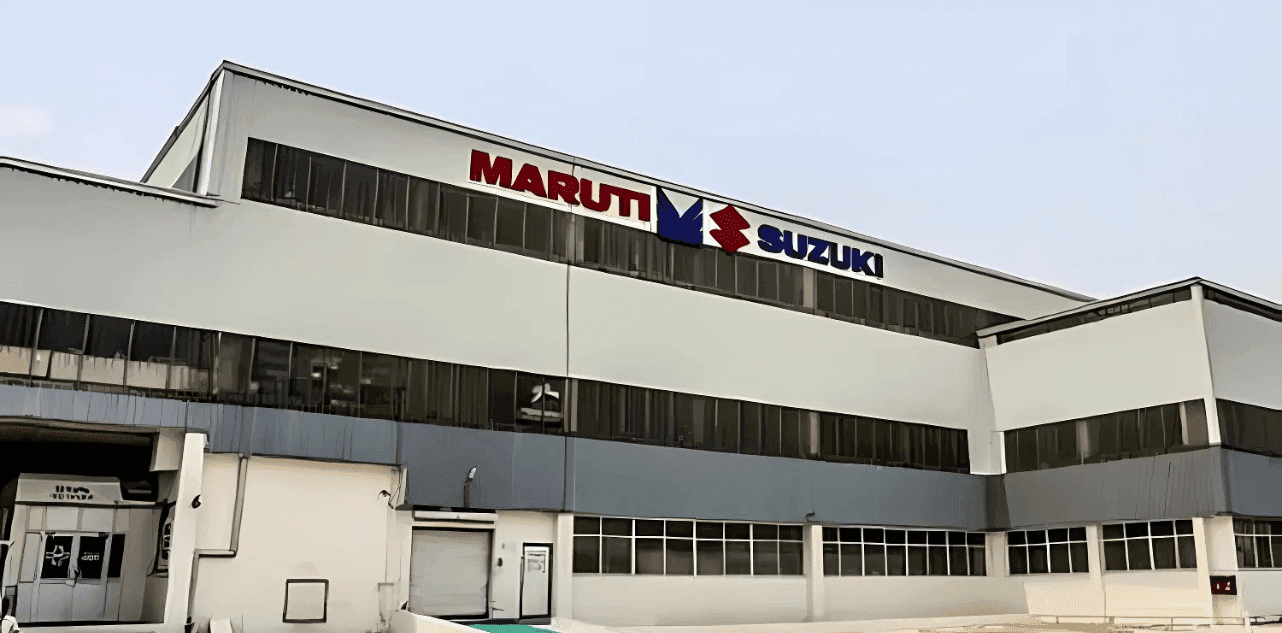Monday 16 February 2026
Maruti goes Slow on New Plant amid Sluggish Sales
Share

Maruti Suzuki, India’s largest car manufacturer, has decided to decelerate its plans for a second factory in Gujarat, a project originally estimated at ₹35,000 crore. This move reflects broader caution within the automobile industry, which is grappling with sluggish sales growth post a strong post-pandemic recovery. According to R.C. Bhargava, Chairman of Maruti Suzuki, the company currently sees no urgent need to accelerate land acquisition for the new plant.With car market growth languishing at a mere 1–2%, expanding production aggressively doesn't seem practical.
Bhargava emphasized that Maruti's current expansion activities in Haryana and the existing Gujarat facility are sufficient for the company's foreseeable production requirements. He mentioned significant developments underway in Kharkhoda (Haryana) and ongoing expansions at Manesar and Gujarat’s first plant. Given these expansions, the decision to delay the second Gujarat plant’s site finalization comes as a strategic response to tepid market conditions rather than any operational hurdles.
This cautious approach reflects a larger sentiment across the Indian automobile sector. Although the market had seen robust growth after COVID-19 disruptions, it is now facing headwinds such as rising vehicle prices, economic uncertainty, and volatile stock market conditions, all of which have made potential buyers hesitant. As a result, many auto companies are reconsidering new investments to avoid creating excess manufacturing capacity, which could become a liability if demand remains muted.
Another critical point Bhargava raised is the urgent need for government intervention to stimulate demand, particularly in the entry-level car segment. He argued that rising vehicle prices—driven largely by government mandates on safety and emission standards—have made even the cheapest cars, like the Maruti Alto, nearly ₹90,000 more expensive. This price surge has deterred two-wheeler owners from upgrading to small cars, thus limiting the potential customer base for entry-level vehicles.
Bhargava suggested that India could learn from Japan’s model of kei cars, which are small, lightweight, and subject to relaxed regulations and lower taxes, making them more affordable. He believes that creating a similar, highly affordable car segment in India would require significant government support, as even cost-focused manufacturers like Maruti—and even Chinese firms known for low-cost production—struggle to meet such price points independently.
Additionally, Bhargava expressed skepticism regarding the recent income tax relief measures announced in the Union Budget. While these measures increase disposable income, he doubts that they will lead to a surge in car purchases. Households are more likely to allocate additional income to essential needs rather than discretionary spending like buying new vehicles, especially when car prices are already high.
In conclusion, Maruti Suzuki’s decision to slow down its ambitious plant expansion reflects a realistic assessment of current market conditions. The company is adopting a cautious, wait-and-watch approach, aligning capacity expansion with actual market demand rather than optimistic forecasts. It also highlights the structural challenges the automotive industry faces, such as affordability concerns and the pressing need for policy interventions to foster sustainable long-term growth.
Newsletter
Stay up to date with all the latest News that affects you in politics, finance and more.